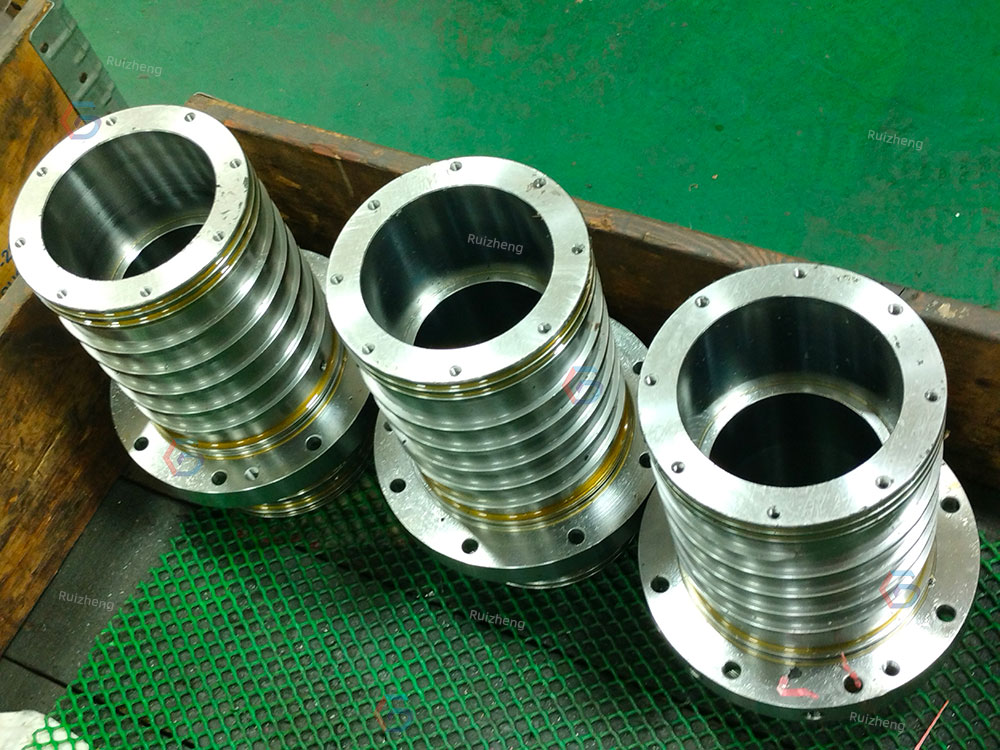
A machined shaft is a precision-engineered cylindrical component used in various mechanical systems to transmit power, motion, or torque. The quality and performance of a machined shaft depend on its manufacturing process and material selection. This article explores the key machining techniques used to produce machined shafts and their diverse industrial applications.
Machining Processes for Machined Shafts
To achieve high precision and durability, machined shafts undergo several manufacturing processes, including:
Turning
The most common method, where a lathe removes material from a rotating workpiece to create a smooth, cylindrical machined shaft with precise dimensions.
Milling
Used for adding keyways, slots, or splines to machined shafts, ensuring proper fitting with gears, pulleys, or couplings.
Grinding
Provides a fine surface finish and tight tolerances, essential for high-performance machined shafts in industries like aerospace and automotive.
Drilling & Boring
Creates holes or internal passages in machined shafts for lubrication or assembly purposes.
Heat Treatment
Enhances strength and wear resistance by hardening the machined shaft through processes like quenching and tempering.
CNC Machining
Computer-controlled machining ensures ultra-precise machined shafts with complex geometries for specialized applications.
Common Uses of Machined Shafts
Machined shafts are critical components in multiple industries, including:
Automotive Industry
Used in engines (crankshafts, camshafts), transmissions, and drive axles to ensure smooth power transfer.
Industrial Machinery
Essential in conveyor systems, pumps, and gearboxes where rotational motion is required.
Aerospace & Defense
High-strength machined shafts are used in jet engines, landing gear, and rotor systems.
Energy Sector
Found in turbines, generators, and windmill gearboxes for efficient energy conversion.
Medical Equipment
Precision machined shafts are used in surgical robots and imaging devices for accuracy and reliability.
Marine Applications
Corrosion-resistant machined shafts are vital in propeller systems and steering mechanisms.
The production of machined shafts involves advanced techniques like turning, milling, and CNC machining to meet strict industry standards. These components play a crucial role in automotive, aerospace, energy, and medical sectors, ensuring efficient mechanical operations. For high-quality machined shafts, choosing a reliable manufacturer with expertise in precision machining is essential.
By understanding the manufacturing processes and applications of machined shafts, industries can optimize performance and durability in their machinery. If you require custom machined shafts, consult a trusted machining specialist for tailored solutions.
More recommended readings about Machining Shafts:
1.Custom spindle part 5 major advantages and industry fields
2.Precision Machining Manufacturing:Benefits and Key Industries It Serves
3.What is Precision Parts Machining? Key Industries That Rely on It


